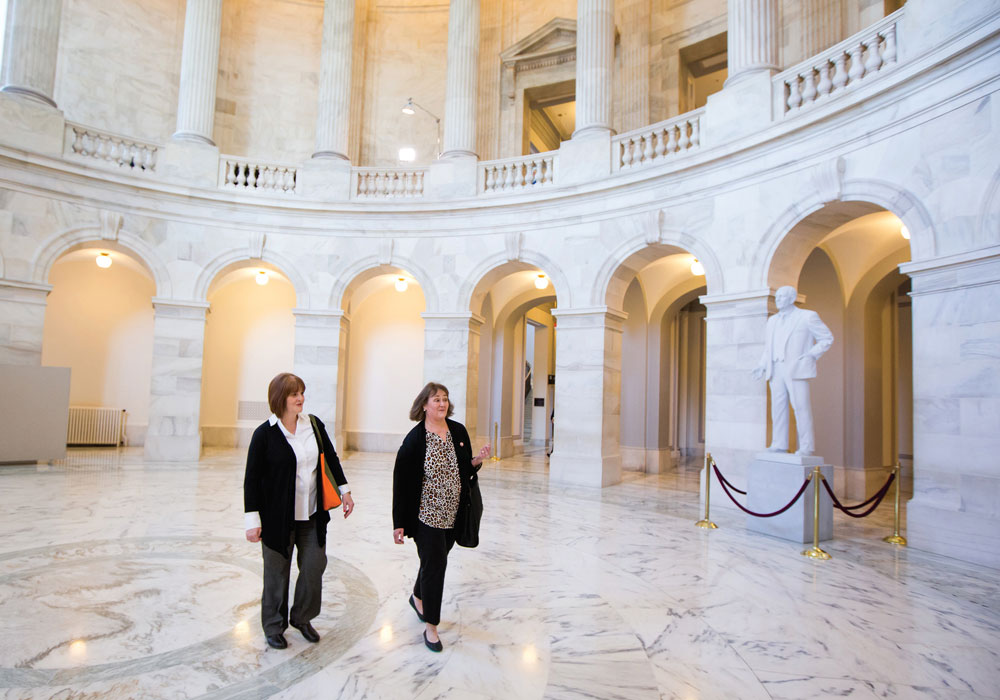Nursing’s role in health equity, public health emergencies, and COVID-19 is a critical issue for updates to its Future of Nursing 2020–2030 report study, the National Academy of Medicine (NAM) said during a webinar on August 20, 2020, that sought public input on nurses’ roles in responding to the COVID-19 coronavirus pandemic.
During the webinar, Lisa A. Cooper, MD, MPH, FACP, director of the Johns Hopkins Center for Health Equity and distinguished professor at John Hopkins Bloomberg School of Public Health in Baltimore, MD, discussed strategies that nurses can use to move from health disparities to health equity, including:
- Tracking data by race, ethnicity, and geography
- Communicating and building trust with minority communities
- Enhancing access to health testing and care
- Protecting essential and low-wage workers
- Providing social services to keep vulnerable groups safe
Kristine Qureshi, PhD, RN, FAAN, CEN, PHNA-BC, associate dean for research and global health nursing at University of Hawaii at Manoa, outlined a variety of roles that nurses serve in public health emergencies, such as:
- Clinical nurses: contact tracing, community education, screening, and home care
- Acute care nurses: triage, patient and family education, and hospital-based infection control
- Advanced practice nurses: diagnosis and treatment, telehealth, and surveillance and case reporting
Closing out the webinar, Frank Baez, RN, BS, cardiovascular intensive care unit staff nurse at New York University Langone Medical Center in New York City, shared the key lessons that he and his colleagues learned fighting on the frontlines of COVID-19:
- Skills development
- Educational preparation for pandemics
- Stress management and self-care
The webinar is now live on YouTube.
Because of the health emergency, NAM delayed releasing its 2020 report until spring 2021. As the most downloaded report, Future of Nursing provides information on patient-centered care and the essential role of nurses in quality care. To receive updates about the report and future events, join the Future of Nursing 2020–2030 email list.






